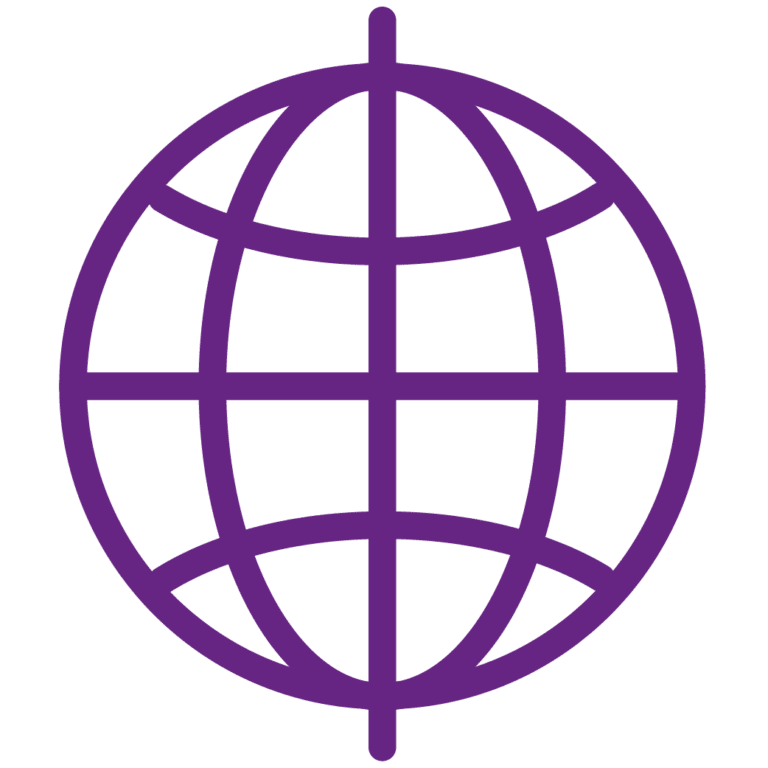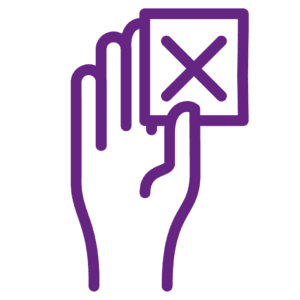Ever since the 2016 impeachment of President Dilma Rousseff that was tantamount to a parliamentary coup, things have not been going too well in Brazil. A constitutional amendment to cap all social spending for 20 years negatively affected the poorest and most marginalized particularly in terms of access to healthcare and education. Criminally negligent handling of the COVID 19 pandemic led to the deaths of more than 700,000 people (despite the country being internationally renowned for the quality and effectiveness of its vaccination campaigns). Softened environmental regulations, principally for mining and industrial agriculture, had catastrophic environmental consequences. Deforestation and manmade fires increased in the Amazon, as did illegal mining with mercury. Dozens of herbicides and pesticides that are illegal in Europe and Canada for their human and environmental toxicity were legalized. Gross human rights violations and violent attacks against human rights and environmental defenders became rampant.
The poorest and most marginalized, especially the rural poor (Indigenous communities, traditional communities, peasants and rural workers) had it particularly hard under the presidency of Jair Bolsonaro (2019-2022), when state bodies and programs designed to protect or support the rural poor were cut. President Bolsonaro pursued a model of “economic development” that jeopardized poor peoples’ rights; opened up their territories to extractive industries; and emboldened powerful individuals and corporations to attack marginalized communities, invade their lands, pillage their natural resources and destroy the environment.
Rural violence and the assassination of rural leaders rose sharply during Bolsonaro’s mandate. The very foundations of Brazil’s democracy were also attacked, with Bolsonaro and his government often criticizing the Supreme Court, denying the horrors of the military era (1964-1985) and promoting disinformation. Notably, Bolsonaro frequently cast aspersions on the reliability of the electoral system, asserting that it would have to be rigged for him not to win a second mandate, fomenting doubt as to whether he would recognize an electoral loss. For months, his allies and supporters floated the idea of an assault like the United States Capitol attack of January 2021 in the event of Bolsonaro losing his re-election bid.
In October 2022, Bolsonaro lost to the left-winger, Luiz Inácio Lula da Silva (Lula), who was sworn in on January 1, 2023. A week later, whipped up by months of goading, Bolsonaro’s supporters violently stormed the presidential palace, the Supreme Court and the National Congress, seeking to overthrow Lula. Many rioters said their purpose was to spur military leaders to commit a coup d’état and disrupt the democratic transition of power.
Although Brazil’s institutions withstood this assault on democracy, the country remains deeply polarized. The National Congress is composed mainly of politicians who are hostile to President Lula’s social-democratic agenda and his civil society allies, which include our partners. This may affect the president’s ability to implement policy changes that favour impoverished people the environment.
Meanwhile, our partners are working hard to make their analyses, interests and needs known and respected, and to ensure that the constitution is upheld and that the most vulnerable citizens and the environment are protected.




In Brazil, one of the world’s most unequal countries, Indigenous people, traditional communities, peasants and rural people are targeted by the mining and the agricultural industries. This makes Brazil an important country in which the perverse human rights and environmental consequences of neo-extractivism (predatorial mining and the agroindustry) can be observed, understood and countred. In Brazil, the neo-extractivist model of development has concentrated wealth as it has generated poverty, exclusion and environmental disasters. However, creativity and success of organized civil society are also evident in Brazil, which is known for the social justice results of its social movements. Civil society organizations, including Catholic social pastorals, have brought about important public policy changes and lobbied for sustainable, pro-poor public programs including in peasant agroecological farming. Brazil also has a vibrant, active and engaged “Church of the Poor” that accompanies vulnerable communities in their fight for rights.
This Church that walks with Indigenous, traditional and peasant communities needs our financial and political support. Having worked closely with Pope Francis on Laudato Si’ and the Synod of Bishops for the Pan-Amazon Region, the Brazilian Church is also a beacon of inspiration and hope for us here in Canada.
The country program revolves around the defence of territory, the environment and human rights, principally in rural Brazil. This is done by providing financial, lobbying and networking support to the alternatives to neo-extractivism that are proposed by our partners and their wider social movements. Our country program reinforces Indigenous, traditional, peasant and urban poor communities affected by mining projects so that they can be the protagonists of their own development. We do this by supporting our partners’ training, community organizing, networking, advocacy and mobilizing activities. We also support communities in developing viable livelihoods, such as traditional sustainable resource extraction and agroecology.
Over the years, we have worked with some of the most inspiring, well-organized, well-respected and well-known rural social movements of the world through our Brazil program. We continue working with the poor, principally through the social pastorals of the Brazilian Catholic Church which understand the work and the importance of Brazil’s rural social movements.
In the coming years, we will continue working principally with Indigenous communities and the rural poor to protect their ways of life, their territories and the environment. We will support Indigenous communities’ efforts to resist the invasion and pillage of their territories by the agroindustry and mining industry and access quality education and health services. We will continue helping mining-affected communities to monitor and denounce mining corporations’ abusive practices state agencies’ failures to deal with them swiftly.
We will support communities seeking public policy changes and legislation that protect their rights (including the right to say NO to a mining project) and the environment; that declare select zones mining-free; or that recognize key watersheds and biomes as too ecologically important or fragile for mining. We will continue to support efforts to have the mining industry better regulated and monitored, especially with respect to waste management, and to mandate meaningful compensation for victims of mining disasters. We will support peasants’ quests for land reforms and food sovereignty, so that they can realize the mission of feeding the Brazilian population healthy food, grown in sustainable ways by communities living in dignity.
About us
Our work
Get involved
Ways to give
Resources
Get in touch
555 René-Lévesque Blvd. West, 8th Floor
Montreal (Quebec) Canada H2Z 1B1
Phone: 514-257-8711
Toll-free: 1-888-234-8533
Fax: 514-257-8497
Email: info@devp.org
Charity number: 1 1882 9902 RR 0001


Our international cooperation program is carried out in part with the financial support of the Government of Canada acting through Global Affairs Canada.
Development and Peace — Caritas Canada is the official international solidarity organization of the Catholic Church in Canada and the Canadian member of Caritas Internationalis.
Copyrights © 2024
Don’t miss anything about the work of our international partners or our awareness and mobilization campaigns.
Sign up now for our newsletter.